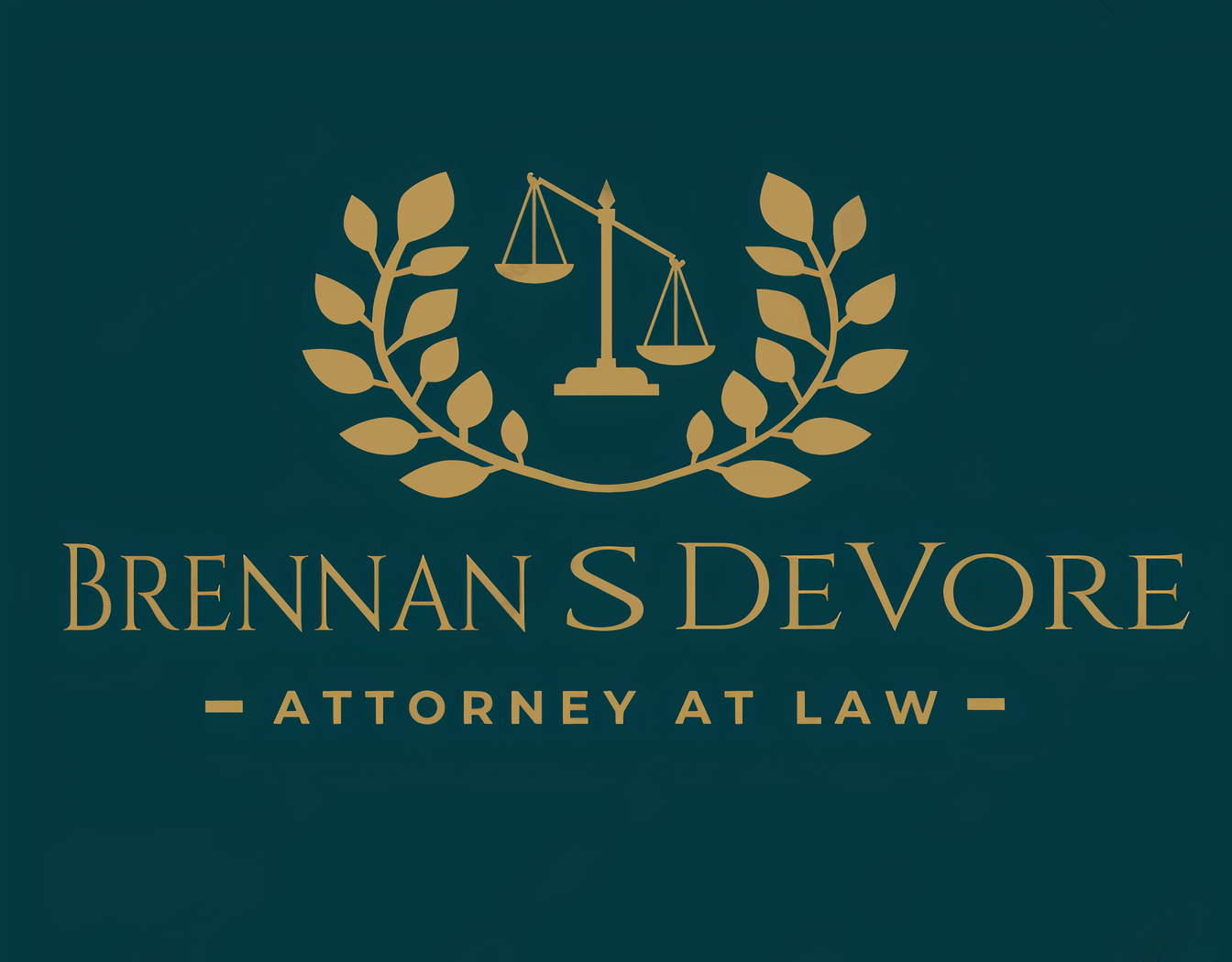Trusts vs. Wills: What You Need to Know
[Please note: this post and all other posts should not be relied upon as legal advice, please contact us to ensure accurate, up to date, and timely legal advice and representation before taking any actions.]
As an estate planning attorney in Pennsylvania, I often get asked about the differences between trusts and wills. While both serve the purpose of distributing assets after death, they work in distinct ways, and choosing the right option depends on your individual needs and goals.
Wills
A will is a legal document that outlines how your assets will be distributed after your death. It also allows you to appoint guardians for minor children. Wills must go through the probate process, which is overseen by a court. While probate ensures your wishes are followed, it can be time-consuming, public, and sometimes costly.
Pros of a Will:
Simple to create and relatively inexpensive.
Allows you to name guardians for children.
Outlines specific wishes for asset distribution.
Cons of a Will:
Must go through probate, which can delay asset distribution.
Court supervision is required.
Wills become part of public record.
Trusts
A trust, on the other hand, is a legal arrangement where you (the grantor) transfer assets to a trustee to manage on behalf of beneficiaries. A revocable living trust is the most common type and allows you to maintain control over your assets during your lifetime. The key benefit of a trust is that it helps your estate avoid probate, allowing for quicker, private asset distribution.
Pros of a Trust:
Avoids probate, speeding up asset distribution.
Keeps your estate and beneficiaries' information private.
Provides more control over how and when assets are distributed.
Cons of a Trust:
More expensive and complex to set up than a will.
Requires ongoing management to keep assets properly titled.
Which Is Right for You?
The decision between a trust and a will often depends on your personal circumstances. If your primary goal is simplicity and you don't mind the probate process, a will may suffice. However, if you want to avoid probate, maintain privacy, or have complex assets, a trust might be the better option.
It's important to consult with an estate planning attorney to ensure your estate plan is tailored to your needs and Pennsylvania's specific laws.
Contact us today to learn more or set up a consultation to review your options and tailor your planning to your unique situation!
